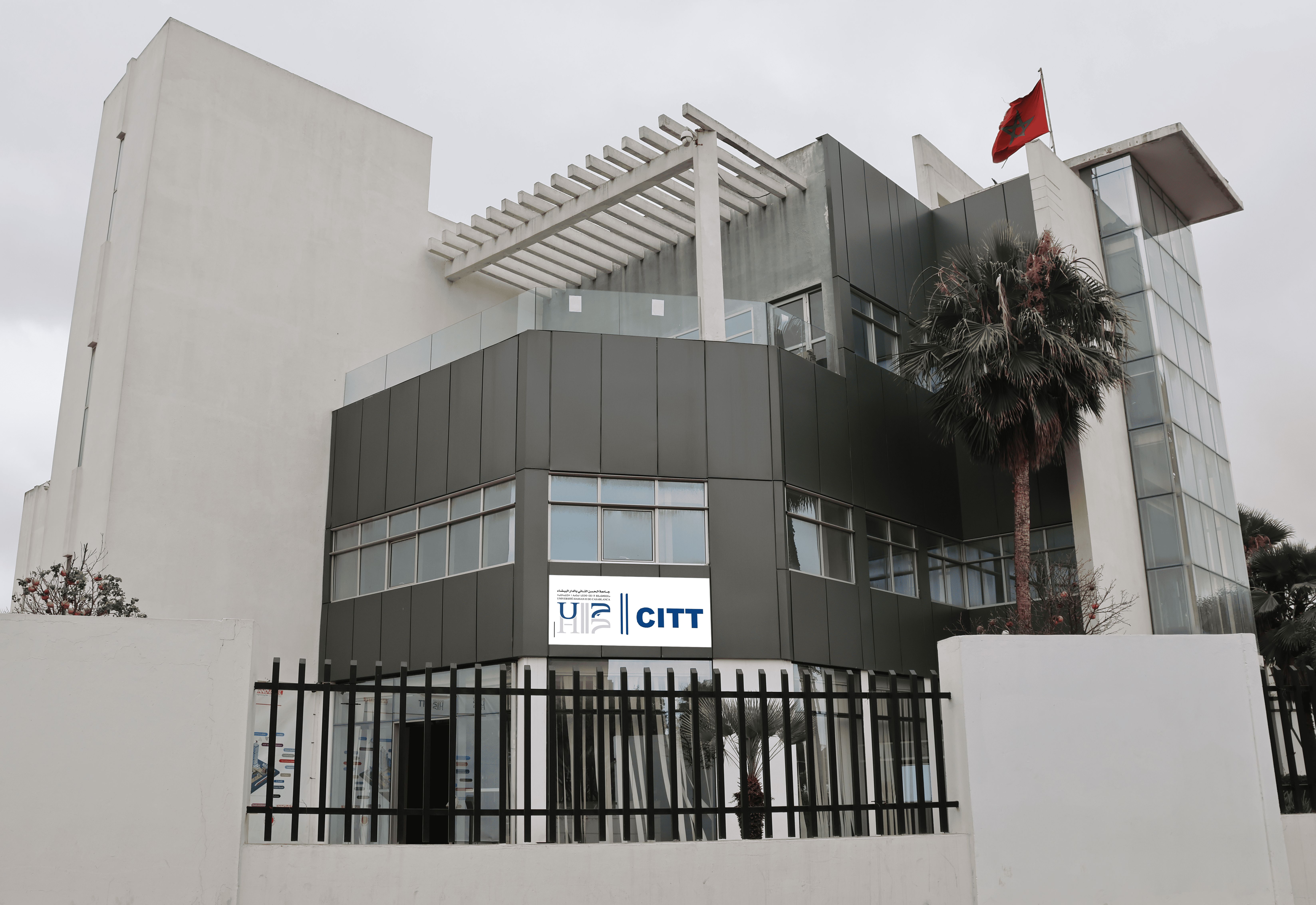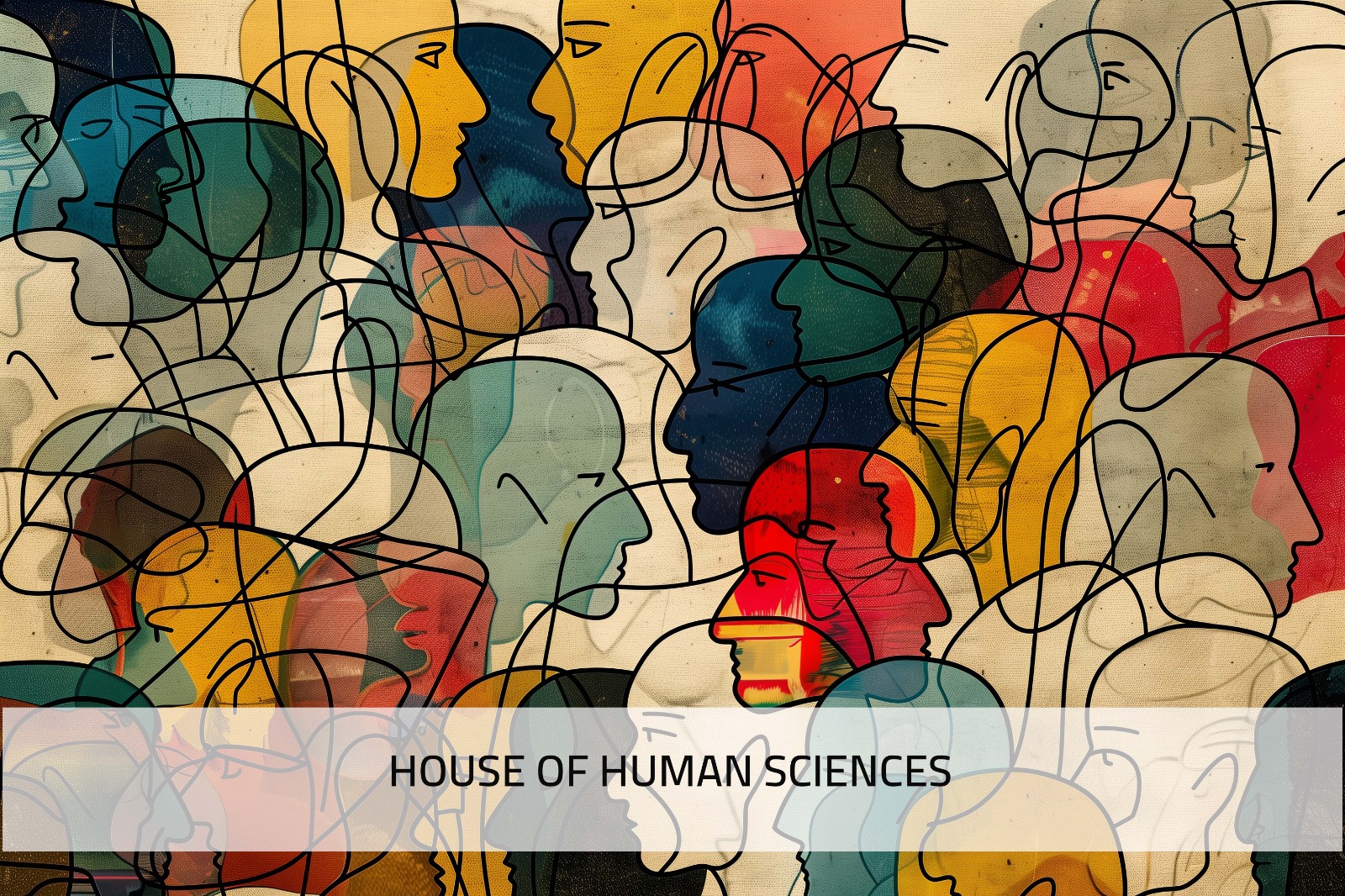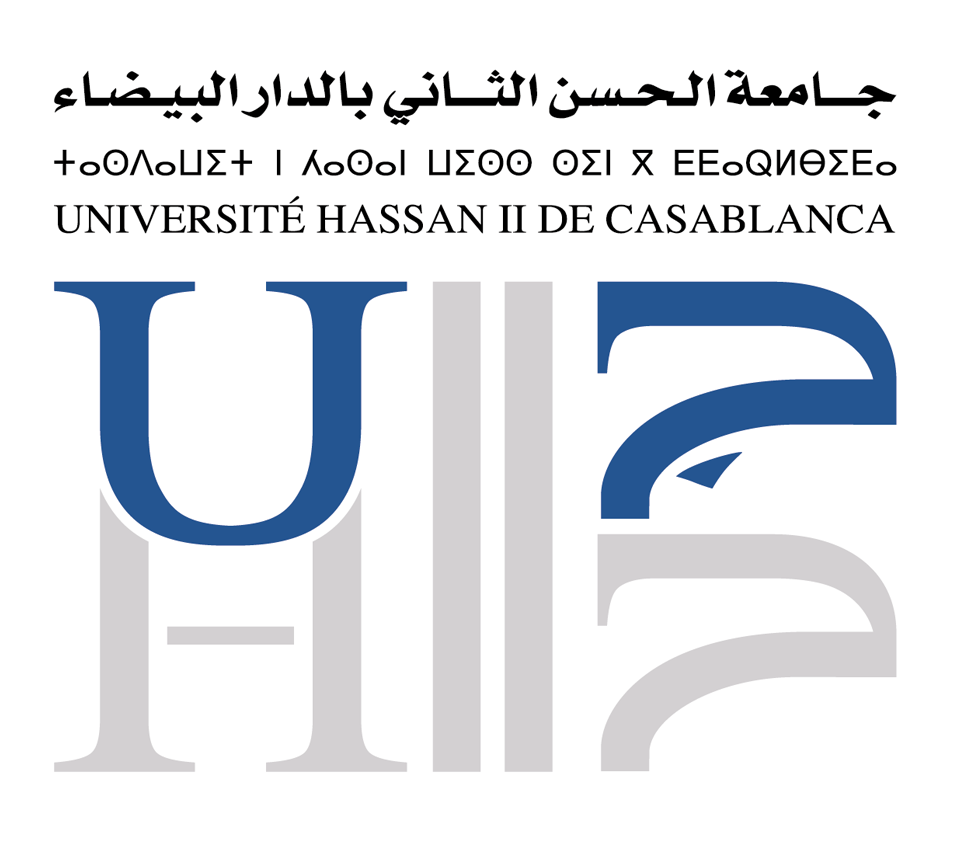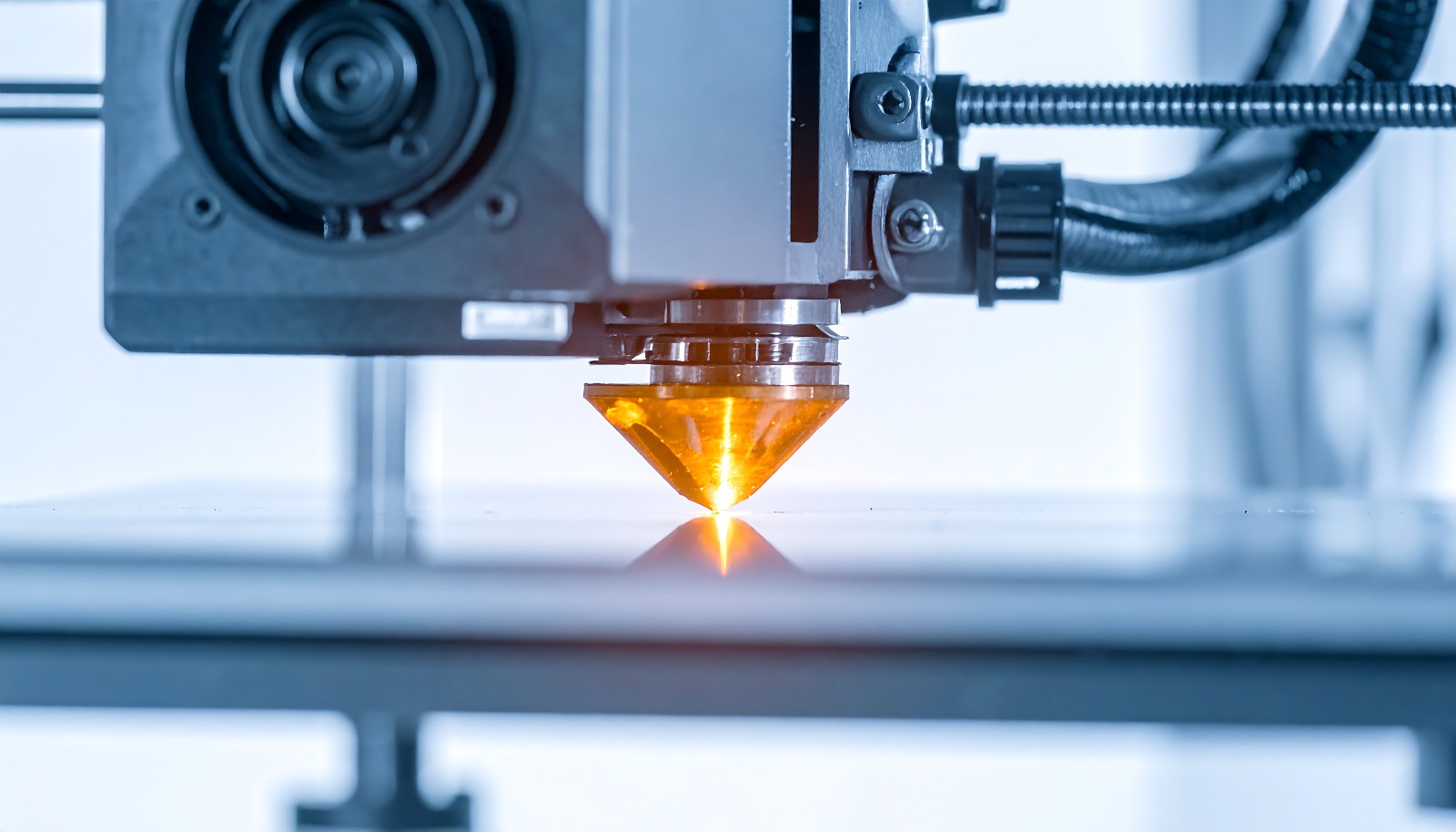SCIENTIFIC RESEARCH RESTRUCTING

Hassan II University of Casablanca is embarking on a major scientific research restructuring project for the period 2025-2028, based on an ambitious objective: to strengthen scientific performance while optimizing laboratory governance.
Key initiatives implemented as part of this project :
I-Research Laboratories: towards optimizing performance
Restructuring Objectives :
- Refocusing Efforts and Capacity Building: Reducing the number of laboratories from 125 to 70-80, with a focus on scientific quality and performance.
- Improving governance and thematic coherence: refocusing teams and researchers around specific areas to strengthen their specialization and efficiency.
- Strengthening multidisciplinarity: launching CTRI projects to ensure institutional coherence.
- Anticipating retirements: encouraging generational renewal among team leaders and laboratory directors.
Actions taken:
- Regulations revision: adoption by the CU of the regulations for accreditation of research structures, the standard internal regulations for laboratories, and the evaluation grids, aiming for excellence and international standards.
- Digitization of research management: implementation of the NIBRAS platform for simplified, transparent, and efficient management of laboratory performance and researcher requests.
- Laboratory accreditation: evaluation and ranking of laboratory projects for accreditation.
II- Thematic Centers for Research and Innovation (CTRI)
CTRIs are cross-disciplinary, multidisciplinary structures that bring together research teams around strategic projects aligned with national and regional priorities.
Strategic Objectives of the CTRIs :
- Meet national and regional priorities in research and innovation.
- Promote multidisciplinarity and transdisciplinarity.
- Pool human and material resources, particularly heavy equipment.
- Encourage quality scientific publications and participation in international projects.
- Develop the humanities and social sciences (HSS) to better understand societal issues.
How the CTRIs work :
- One Center, one project: each CTRI is structured around a strategic project involving several laboratories.
- Participation criteria: minimum 6 laboratories from 3 institutions and 2 disciplinary fields.
- Funding duration: 4 years with regular evaluation of scientific impact.
- CTRI accreditation (2025-2028): Adoption by the CU of 10 CTRIs.
- CTRI calls for projects: Launch in February 2025 to fund CTRI projects. A laboratory can participate in two CTRIs via two different teams.
Capacity Building for CTRIs :CTRIs will be supported by the City of Innovation and Technology Transfer, as well as its five technical platforms :
1. Materials Analysis and Characterization Platform.
- SEM-EDX
- XRD, XRR, GIRX, SAXS, H-XRD
- X-ray Fluorescence (XRF)
- Sample Preparation
2. Elemental and Molecular Chemistry Platform :
- ICP
- TIMS
- Chromatographie ionique (IC)
- RMN
- Spectrofluorimètre, FTIR, Raman, UV-Visible, PL
3. Biotechnology and Functional Genomics Platform :
- NGS Sequencer
- Bioinformatics
- Cell Culture Platform
- PCR
4. High-Performance Computing, AI, and Cybersecurity Platform :
- Servers, Workstations, Software
5. Prototyping and Electrical and Mechanical Engineering Platform :
- Additive Manufacturing
- Sputring
- Machines Outils
- 3D Printers & Scanners
- Electronic Instrumentation
- SMD PCB Production
CITY OF INNOVATION AND TECHNOLOGY TRANSFER (CITT)

Located in the heart of the Casablanca-Settat region—Morocco's main economic hub—the CITT (City of Innovation and Technology Transfer) embodies Hassan II University of Casablanca's ambition to become a major player in innovation, applied research, and technology transfer. Approved by the University Council on December 28, 2023, the CITT aims to strengthen synergies between academic research, businesses, and local stakeholders.
To meet national and regional priorities in research and innovation, and contribute to Morocco's efforts toward self-sufficiency in strategic sectors, the CITT offers a dynamic and collaborative ecosystem dedicated to promoting research, supporting innovative projects, and structuring a complete innovation chain—from idea to market.
Strategic Objectives
The CITT's primary objective is to offer a diverse and shared pool of high-performance scientific equipment capable of performing both routine analyses and complex investigations. This infrastructure provides precise solutions to analytical challenges in numerous application sectors: agri-food, biotechnology, health, chemistry and parachemistry, environment, water treatment, materials, soils and sediments, pharmaceuticals, as well as in cutting-edge industries such as aeronautics and the automotive industry :
- Promote the emergence and development of projects with high scientific, technological, or social potential.
- Stimulate entrepreneurship, particularly among doctoral students and young researchers.
- Strengthen the links between university research and the regional economic fabric.
- Structure the entire innovation chain, from basic research to industrialization.
- Encourage prototyping, technological maturation, and the dissemination of results.
- Pool scientific resources through cutting-edge equipment.
- Developing training and research with an innovation-oriented approach.
Strategic Partners: :
The CITT is committed to a strong partnership approach, with collaborations at several levels :
- Government institutions : MESRSI, MIC
- Local authorities : Casablanca-Settat Regional Council
- Private sector : CGEM, clusters, industrial companies
- Higher education and research : Higher education and research
Technical platforms :
The CITT is based on five shared scientific and technological platforms, open to Thematic Research and Innovation Centers (CTRI) and their external partners :
HOUSE OF HUMAN SCIENCES

House of Human Sciences: A center of excellence for humanities and social sciences at Hassan II University of Casablanca
The creation of the House of Human Sciences is a major initiative in the strategy to strengthen and promote research in the Humanities and Social Sciences at Hassan II University of Casablanca (UH2C). Adopted by the University Council on February 22, 2023, this initiative demonstrates a strong desire to strengthen the Humanities and Social Sciences by providing them with a structure dedicated to the production and dissemination of knowledge.
A space dedicated to excellence in the humanities and social sciences
Located next to the Aïn Chock Faculty of Arts and Humanities, the House of Human Sciences aims to become a platform and a true laboratory of ideas, fostering the emergence of innovative and interdisciplinary research. Its primary objective is to create a stimulating workspace conducive to collaboration between researchers, lecturers, and doctoral students, by providing them with resources and infrastructure adapted to contemporary scientific requirements.
It will notably include a space dedicated to languages and translation, designed to strengthen researchers' language skills and facilitate their integration into international scientific networks. This space will play a key role in the development of multilingual research projects, while promoting the dissemination of the resulting work to a wider audience.
Regional and International Influence
In a broader perspective, the House of Human Sciences aims to become a center of excellence, not only at the national level, but also regionally and internationally. It is part of a dynamic initiativeto enhancethe visibility of the Humanities and Social Sciences by encouraging interdisciplinary synergies, academic and institutional partnerships, and exchanges with internationally renowned researchers.
The project is currently in the planning phase, with an imminent opening that will mark a decisive step in the structuring and development of the Humanities and Social Sciences at Hassan II University in Casablanca. Through this initiative, the UH2C affirms its commitment to placing the Humanities and Social Sciences at the heart of contemporary scientific issues and giving them a central place in societal and academic debates.

 Materials Analysis and Characterization
Materials Analysis and Characterization  Elemental and Molecular Chemistry
Elemental and Molecular Chemistry Biotechnologies and Functional Genomics
Biotechnologies and Functional Genomics High-Performance Computing, AI, and Cybersecurity
High-Performance Computing, AI, and Cybersecurity Prototyping and Electrical and Mechanical Engineering
Prototyping and Electrical and Mechanical Engineering